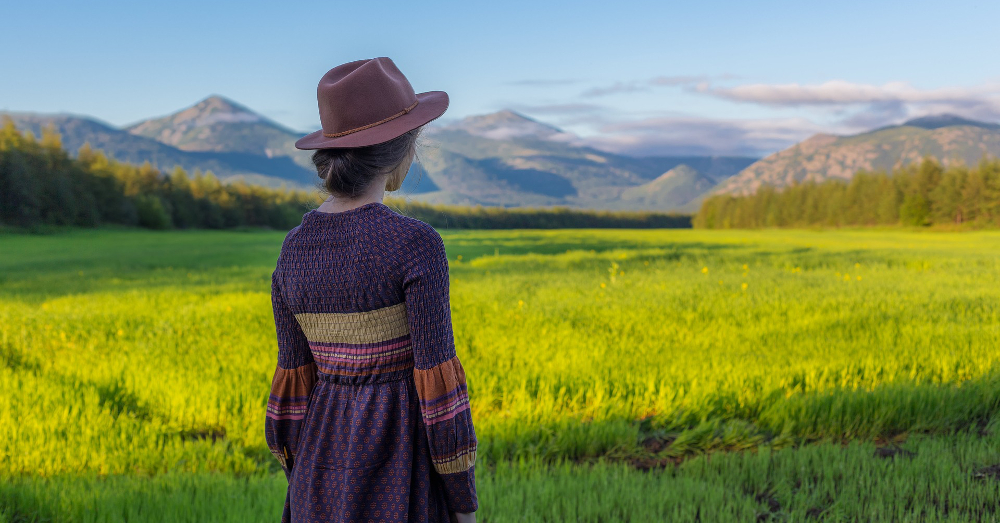
From Retailers to Stewards
In November 2015, the veteran natural retailer—who founded Abby’s Health and Nutrition in Tampa in 1997—plunked down $300,000 to convert a rural property 20 miles from her store into the area's first nonprofit community farm. Today, apartment dwellers who couldn’t garden otherwise spend mornings harvesting watermelon, okra and peas with their children. School groups drop by to plant seeds in the moist black soil. Backyard gardeners come for workshops on composting and hydroponics. No produce is sold. Instead, the farm shares its harvest freely.
December 14, 2016 | Source: New Hope Network | by Lisa Marshall
Looking beyond store shelves and profit motives to act as stewards of land, wildlife and community can pay off—in more ways than one.
It’s a question Abby Sayler hears almost daily from visitors to her 7-acre community farm in Lutz, Florida: “So, how do you make any money out here?” The answer: She doesn’t. That’s by design.
In November 2015, the veteran natural retailer—who founded Abby’s Health and Nutrition in Tampa in 1997—plunked down $300,000 to convert a rural property 20 miles from her store into the area’s first nonprofit community farm. Today, apartment dwellers who couldn’t garden otherwise spend mornings harvesting watermelon, okra and peas with their children. School groups drop by to plant seeds in the moist black soil. Backyard gardeners come for workshops on composting and hydroponics. No produce is sold. Instead, the farm shares its harvest freely.
“We are educating generations to come on how to grow their own organic food, and the community really appreciates the fact that we are willing to give something back instead of just expanding our portfolio,” says store manager Victor Karydis. “To us, that’s a huge return on investment.”
Abby’s is among a growing number of independent retailers looking beyond store shelves and profit motives to act as stewards of land, wildlife and community. Some are doing their part to address the plight of the honeybee by installing rooftop hives and handing out wildflower seeds. Some are reducing their carbon footprint by growing uber-local produce on market gardens near their stores. Some are buying farmland to save it from development. Others are tackling the persistent problem of food inequity, by opening or expanding stores in long-underserved food deserts.
Such stewardship is nothing new for a community of retailers that began as a “movement” long before it was an “industry,” says Corinne Shindelar, CEO of the Independent Natural Food Retailers Association. But she says she sees the pendulum swinging back toward that altruistic ethos, as successful retailers who have benefited from years of double-digit growth move to pay it forward, and others discover that in a time of cutthroat competition, good stewardship can also be good for business.
“As our industry becomes more diluted with more and more players, a lot of independents are having to rethink their role in this world of selling food,” Shindelar says. “This kind of stewardship can really set them apart from their competitors.”
